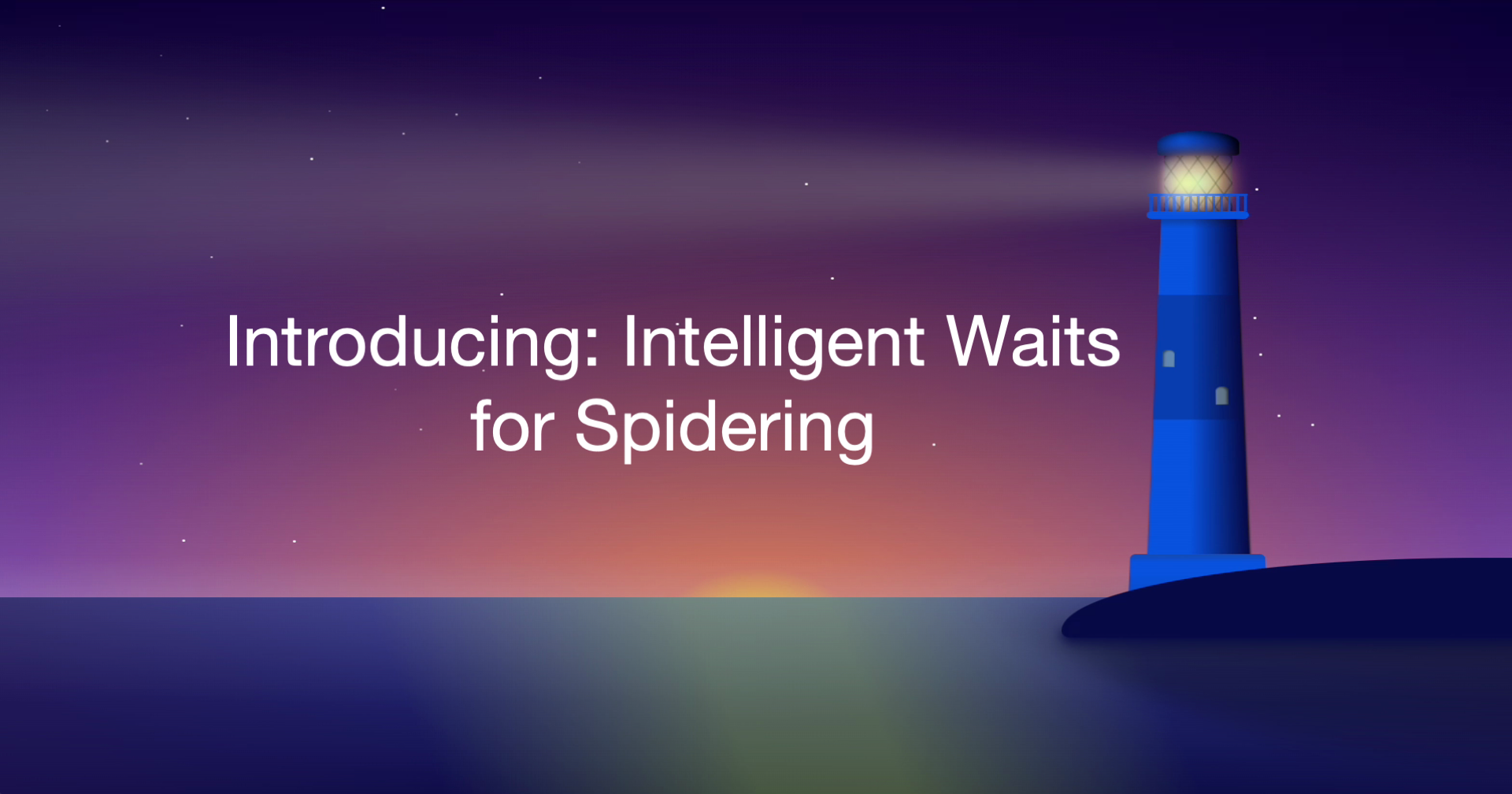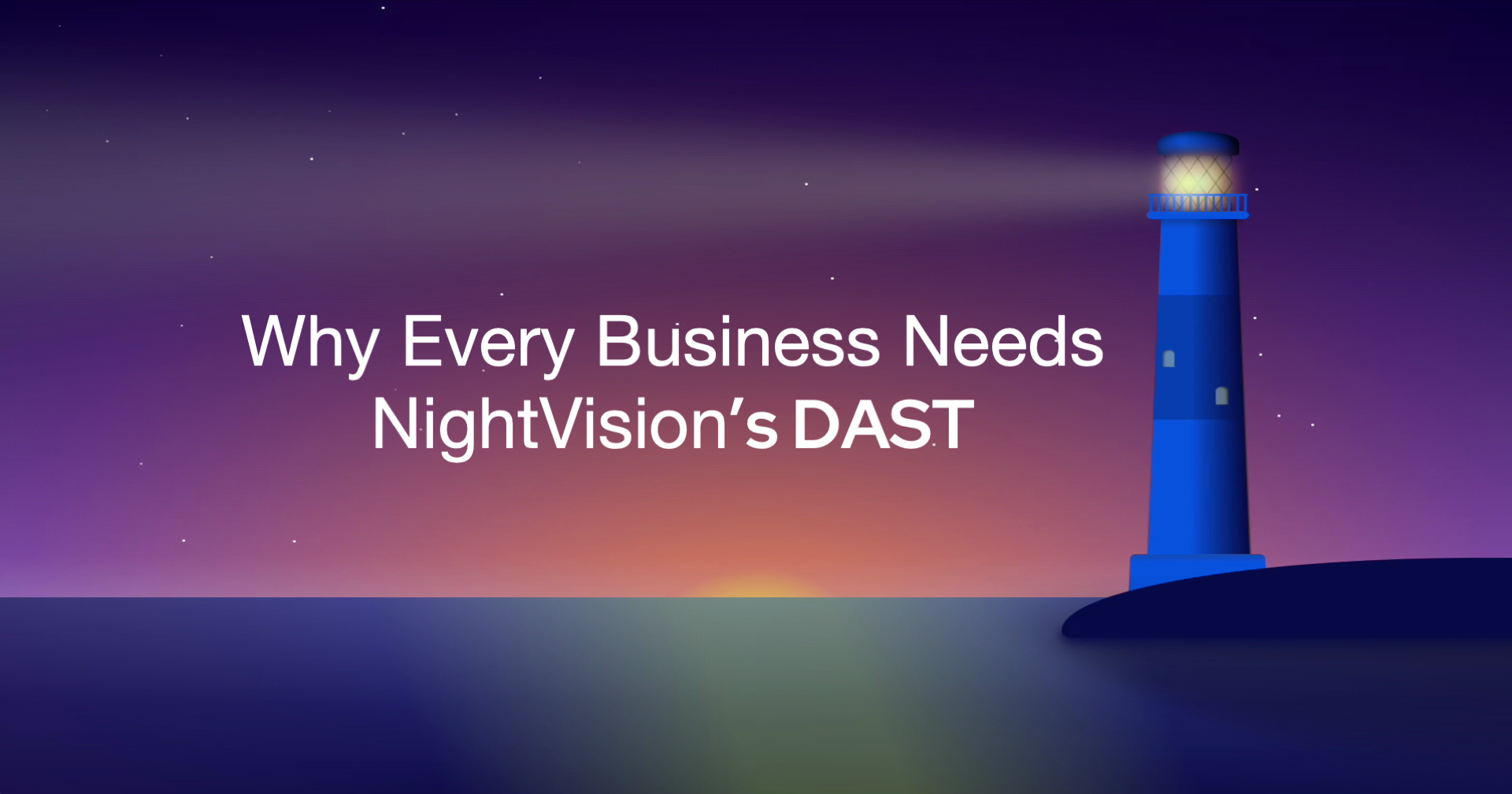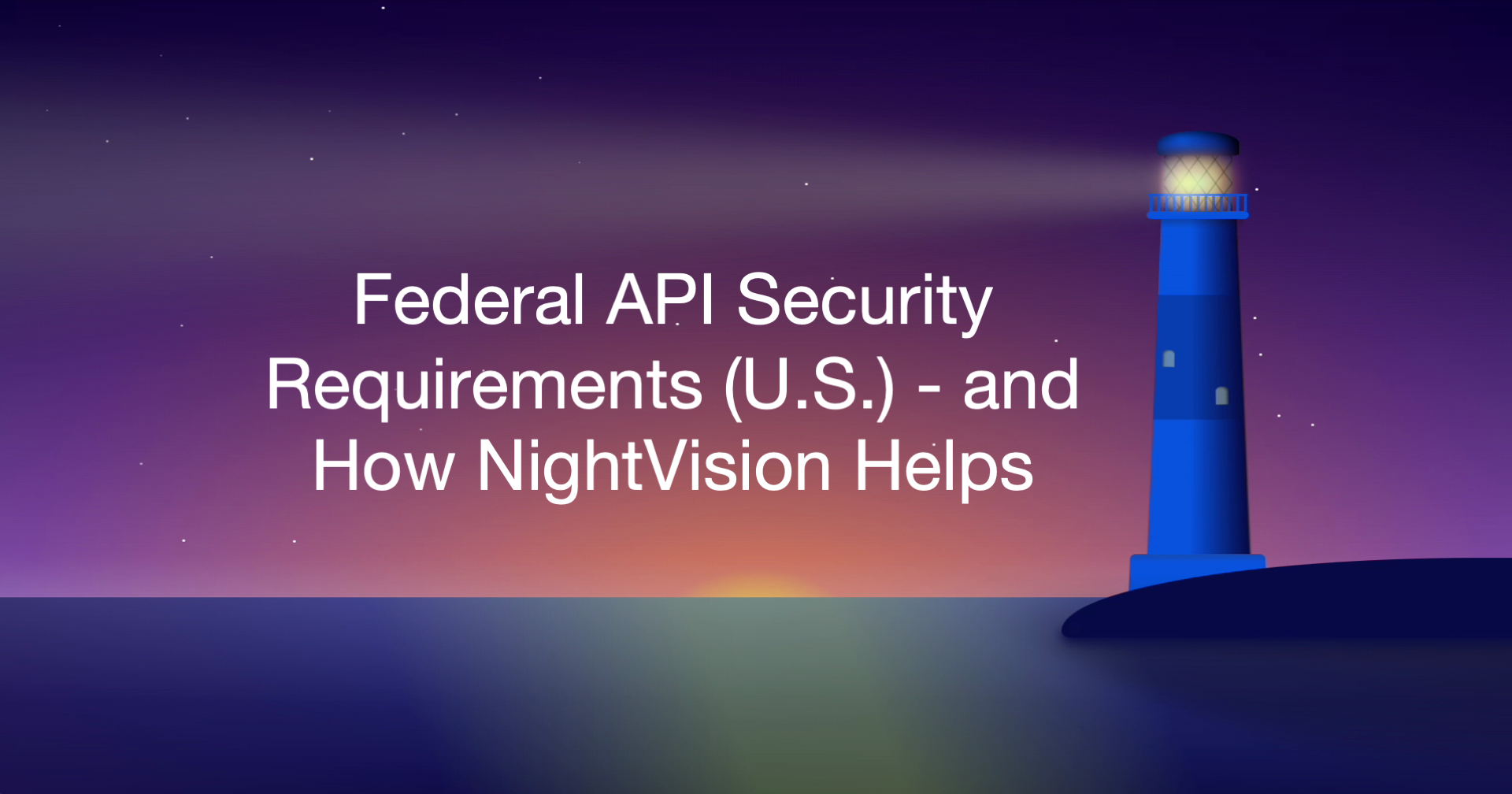Introduction
Today, we're excited to introduce the NightVision MCP Server, a lightweight integration layer that enables AI assistants to interact directly with NightVision via natural language.
Built on the Model Context Protocol (MCP), this server allows you to perform dynamic security testing and API discovery just by asking. It connects to NightVision's CLI and API under the hood, so all of your existing capabilities are now available from one place: the prompt.
What Is the NightVision MCP Server?
The Model Context Protocol (MCP) is a new standard that lets large language models (LLMs) communicate with tools in a structured, secure way. The NightVision MCP Server is our implementation of this protocol, giving AI assistants access to NightVision's core features via:
- The NightVision CLI
- The NightVision API
Instead of switching between tools or memorizing commands, you can now manage NightVision through a natural language prompt, letting your assistant execute real actions using the full power of the NightVision platform.
What Can You Do with It?
By using the NightVision MCP server, you can direct an AI assistant like Claude or Cursor to:
- List and manage scan targets
- Initiate ultra-fast NightVision DAST scans
- Monitor scan status and fetch results
- Automatically generate OpenAPI spec by scanning API source code
- Manage and use custom nuclei templates
All without ever switching tools.
Why It Matters
The NightVision MCP Server isn't a replacement for our CLI or API, it's an optional layer that makes them easier to use, especially for those experimenting with AI copilots. Rather than remembering complex commands or calling APIs directly, you can now trigger actions and retrieve insights by simply asking an assistant.
Everything runs locally, and the server uses the same CLI and API infrastructure you're already familiar with. It's not a new platform, just a smarter way to use the one you have. And like everything we build, it's fast. Our scanning engine is built for speed, helping teams get rapid feedback without sacrificing depth or detail.
Getting Started
It only takes a few steps to get up and running:
1. Clone the MCP Server repo
git clone https://github.com/nvsecurity/nightvision-mcp.git
cd nightvision-mcp
2. Install dependencies and build the server
npm install
npm run build
The build command generates the server's entry file in nightvision-mcp/build/index.js which is needed for AI assistants to gain access to NightVision capabilities.
Integrate with Your AI Assistant
You can configure the MCP Server to work with tools like Claude for Desktop, Cursor or WindSurf. Simply point them to the server's entry file and your assistant will gain access to NightVision's capabilities.
From there, you can use natural prompts like:
- Can you create a new NightVision authentication token?
- Can you list all my NightVision targets?
- Can you start a scan on my NightVision target called "my-test-app"?"
- What's the current progress of the scan I just started on target "my-test-webapp"?
- What high severity issues were found in my most recent scan?
- What URLs were tested in my last scan?
- Can you discover API endpoints in my JavaScript codebase by analyzing the "./src/routes" directory and save the result to "api-spec.yml"?
For detailed integration instructions and more prompt samples, please visit the server's Github page.
Try It Today
We're releasing the NightVision MCP Server as open source to encourage experimentation, feedback, and community growth. Let us know what you build with it, and where we should go next.
- NightVision MCP Server: nvsecurity/nightvision-mcp
- NightVision Docs: docs.nightvision.net
About NightVision
NightVision enables software security testing earlier in the software lifecycle, identifies exploitable vulnerabilities, and ties it back to the line of code. Moving at the speed of innovation, NightVision ensures that security does not impact development timelines.
Schedule a NightVision Demo


.svg)





.svg)